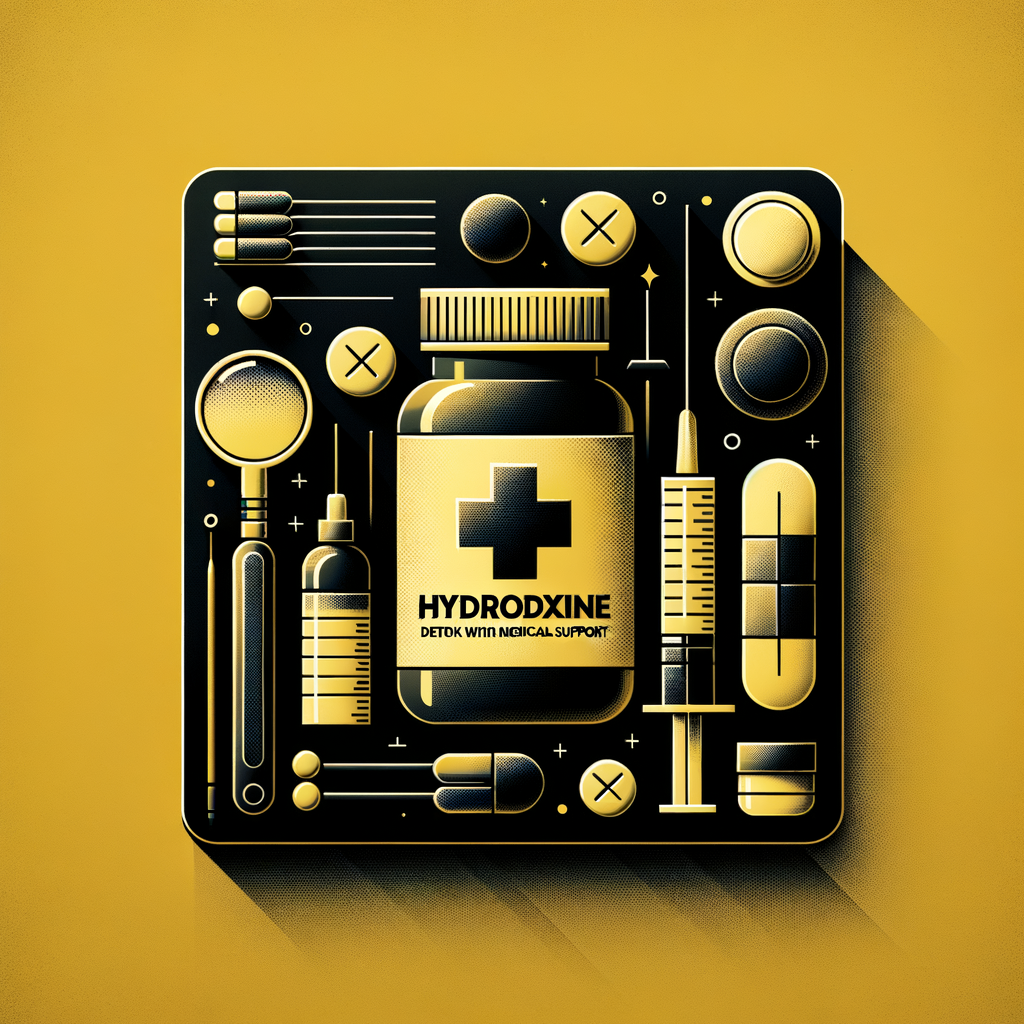Flunitrazolam Detox: Your Path to Safe Recovery
Flunitrazolam is a potent benzodiazepine known for its strong sedative effects. While it may be prescribed for extreme anxiety or insomnia, it is highly addictive, leading many to develop Flunitrazolam dependence. If you or a loved one is struggling with this substance, a professional Flunitrazolam detox program is critical to ensuring a safe benzodiazepine detox.
With proper medical support, tapering off Flunitrazolam reduces withdrawal risks, helps manage symptoms, and ensures a smoother transition toward sobriety. In this guide, we’ll cover Flunitrazolam withdrawal, available detox treatment options, and how to detox from Flunitrazolam safely.
What Is Flunitrazolam, and Why Is Detox Necessary?
Flunitrazolam is a highly potent benzodiazepine that affects the brain’s neurotransmitters, resulting in relaxation, sedation, and even memory impairment. Due to its potency, Flunitrazolam abuse often leads to physical dependence.
When someone stops using the drug abruptly, they may experience intense benzo withdrawal symptoms, which makes professional detox essential to prevent complications.
Signs of Flunitrazolam Dependence
- Needing higher doses to achieve the same effect
- Experiencing withdrawal symptoms when not using
- Cravings and compulsive use despite negative consequences
- Difficulty managing daily tasks without taking the drug
If any of these apply to you or a loved one, it’s time to consider a Flunitrazolam withdrawal treatment to break free from dependence safely.
Flunitrazolam Withdrawal Symptoms
Symptoms of Flunitrazolam withdrawal can vary depending on the severity of use, dosage, and duration. Withdrawal occurs because the brain has become reliant on the drug to regulate neurotransmitters.
Common Withdrawal Symptoms
- Anxiety and panic attacks
- Insomnia and restlessness
- Sweating and chills
- Muscle spasms and tremors
- Nausea and vomiting
- Increased heart rate and blood pressure
- Depression and mood swings
- Hallucinations or delusions (in severe cases)
Withdrawal Timeline for Benzos
- Early Withdrawal (6–12 Hours): Symptoms such as anxiety and restlessness begin.
- Peak Withdrawal (2–7 Days): Symptoms intensify, with risks of seizures and extreme discomfort.
- Protracted Withdrawal (Several Weeks to Months): While symptoms subside, cravings, anxiety, and sleep disturbances may persist.
Fact: Studies from the Substance Abuse and Mental Health Services Administration (SAMHSA) show that nearly 50% of benzodiazepine users who quit abruptly experience severe withdrawal symptoms. This is why medical supervision for detox is strongly recommended.
The Best Way to Quit Flunitrazolam Safely
Quitting cold turkey can be dangerous and even life-threatening. Instead, a structured medical detox program ensures safety through gradual tapering off Flunitrazolam, reducing withdrawal intensity.
Medical Detox for Flunitrazolam Withdrawal
Medical detox provides 24/7 supervision to monitor vitals, manage symptoms, and prevent dangerous withdrawal complications, such as seizures.
Approaches Used in a Medical Detox Program:
- Gradual Tapering Off: Healthcare providers slowly reduce the dose to prevent shock to the nervous system.
- Medications for Benzo Withdrawal: Prescribed medications like diazepam or anticonvulsants help control symptoms.
- Managing Anxiety During Detox: Therapy and mindfulness techniques help combat mental withdrawal effects.
- Nutritional Support & Holistic Treatment: Ensuring proper hydration and natural detox remedies, such as vitamin supplements, to promote healing.
Analogy: Detoxing from Flunitrazolam is like landing an airplane—it needs to be slow and controlled to keep everything safe and stable. A medical detox program ensures a gentle descent rather than a dangerous crash.
Finding the Right Flunitrazolam Detox Program
Inpatient vs. Outpatient Detox
- Inpatient Detox: Ideal for severe cases, offering full-time medical supervision within a facility.
- Outpatient Detox: Suitable for mild dependence, where treatment options allow recovery from home with scheduled check-ins.
What to Look for in a Detox Center
- Qualified medical professionals trained in benzodiazepine withdrawal management
- Personalized treatment plans based on patient history and needs
- Access to therapy and addiction recovery programs
- Aftercare options, such as support groups for recovery
Fact: Recovery rates improve by up to 60% when detox is followed by continued addiction treatment such as cognitive-behavioral therapy (CBT).
Overcoming Flunitrazolam Dependence & Long-Term Recovery
Detox is only the first step toward recovery. To maintain lasting sobriety, a comprehensive rehabilitation plan is crucial.
Steps to Long-Term Sobriety
- Enroll in drug rehabilitation programs
- Join support groups for recovery, such as Narcotics Anonymous (NA)
- Receive therapy to manage anxiety and prevent relapse
- Make lifestyle changes, including exercise, diet, and mindfulness practices
With professional guidance and a Flunitrazolam addiction treatment program, long-term recovery is achievable.
FAQ: Flunitrazolam Detox & Recovery
1. Can I detox from Flunitrazolam at home?
Detoxing without medical supervision can be dangerous due to withdrawal complications. A professional detox program ensures safety.
2. How long does Flunitrazolam withdrawal last?
Symptoms peak within the first week and can persist for several weeks. However, post-acute withdrawal syndrome (PAWS) may last months.
3. What medications help with Flunitrazolam withdrawal?
Doctors may prescribe long-acting benzodiazepines, anticonvulsants, or beta-blockers to reduce withdrawal symptoms.
4. Is Flunitrazolam detox covered by insurance?
Many insurance providers cover substance abuse treatment, including detox programs. It’s best to check with a detox center near you for details.
5. What happens after detox?
After detox, enrolling in rehab or addiction therapy helps prevent relapse and supports mental and physical recovery.
Take the First Step: Start Your Recovery Today
If you or a loved one needs Flunitrazolam detox, don’t wait—seeking help today can prevent further health risks. Our medical detox program provides safe withdrawal management with round-the-clock care, therapy, and holistic healing techniques.
Contact us now at (888) 852-0557 to begin your recovery journey with trusted professionals by your side.







